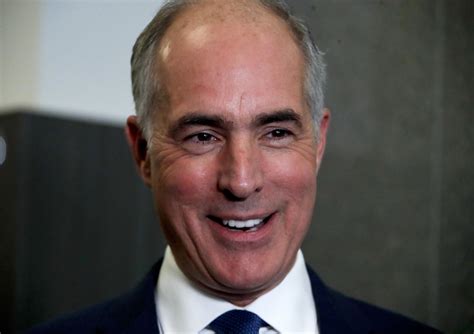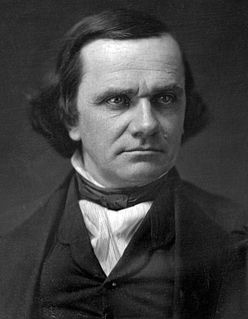A Quote by Rajneesh
Vegetarianism should not be anything moral or religious. It is a question of aesthetics: one's sensitivity, one's respect, one's reverence for life.
Related Quotes
Vegetarianism has nothing to do with religion: it is something basically scientific. It has nothing to do with morality, but it has much to do with aesthetics. It is unbelievable that a man of sensitivity, awareness, understanding, love, can eat meat. And if he can eat meat then something is missing he is still unconscious somewhere of what he is doing, unconscious of the implications of his acts.
When we reverence anything in the mature, it is their virtues or their wisdom, and this is an easy matter. But we reverence the faults and follies of children. We should probably come considerably nearer to the true conception of things if we treated all grown-up persons, of all titles and types, with precisely that dark affection and dazed respect with which we treat the infantile limitations.
... man was not born a carnivorous animal, but born to live on the fruits and herbs that the earth grows. I know we must all err. I would give up milk if I could, but I cannot. I have made that experiment times without number. I could not, after a serious illness, regain my strength, unless I went back to milk. That has been the tragedy of my life. But the basis of my vegetarianism is not physical, but moral. If anybody said that I should die if I did not take beef tea or mutton, even on medical advice, I would prefer death. That is the basis of my vegetarianism.
Beauty has never been an important topic in the writings of the major psychologists. In fact, for Jung, aesthetics is a weak, early stage of development. He follows the Germanic view that ethics is more important than aesthetics, and he draws a stark contrast between the two. Freud may have written about literature a bit, but an aesthetic sensitivity is not part of his psychology.
...the tale that's told for no other reason but companionship, which is another (and my favorite) definition of literature, the tale that's told for companionship and to teach something religious, of religious reverence, about real life, in this real world which literature should (and here does) reflect.
I am now speaking of rights under the Constitution, and not of moral or religious rights. I do not discuss the morals of the people of Missouri, but let them settle that matter for themselves. I hold that the people of the slaveholding States are civilized men as well as ourselves, that they bear consciences as well as we, and that they are accountable to God and their posterity and not to us. It is for them to decide therefore the moral and religious right of the slavery question for themselves within their own limits.



































